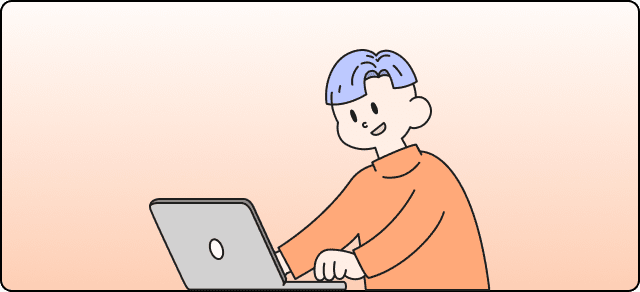“Cheap” vs. “Inexpensive”: What’s the Difference?
 Engram
Engram
The difference between “cheap” and “inexpensive”
- "Cheap" suggests a negative connotation, while "inexpensive" is more neutral.
- "Cheap" often implies low quality or value, while "inexpensive" does not.
- When something is described as inexpensive, it may be seen as a bargain or a wise financial choice, whereas something described as cheap may be seen as a poor quality or low-value option.
Communicate naturally with Engram AI proofreader
What is the definition of “cheap” and “inexpensive”?
Cheap
- "Cheap" refers to something that is low in price or cost.
- It may also denote something of poor quality or value but not always.
- The term "cheap" is often used in a negative context, implying a lack of worth or value.
Inexpensive
- "Inexpensive" also indicates something that is low in price or cost.
- However, it does not necessarily imply low quality or value.
- In fact, something can be inexpensive and still be of high quality and value.
Which is the more popular variant on the Internet?
“Cheap” is the more popular variant on the web.
More popular
Cheap
703,000,000 results on the web
Examples
- I found a cheap dress at the thrift store.
- The hotel was really cheap, but the room was tiny.
- The chair was cheap, so it broke within a few days.
Inexpensive
196,000,000 results on the web
Examples
- Eating at home is a great way to have an inexpensive meal.
- We were able to find some inexpensive souvenirs at the gift shop.
- The vacation package was surprisingly inexpensive for all that was included.
Want to express yourself confidently?
Engram AI proofreader helps you
communicate naturally
communicate naturally








